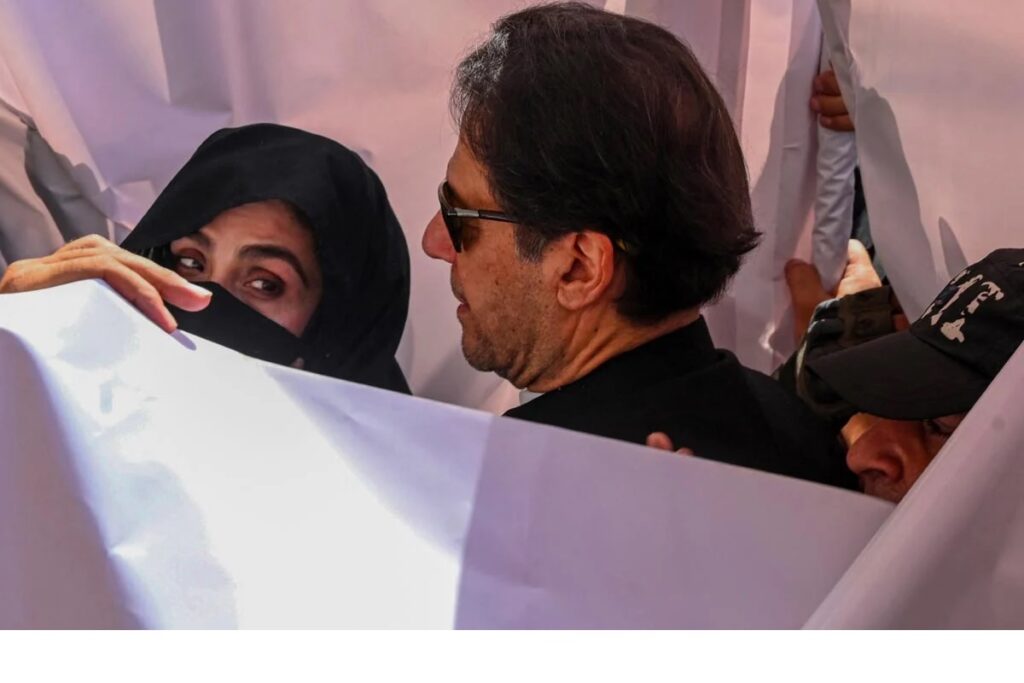RIYADH:
Prime Minister Shehbaz Sharif urged the world on Sunday to help bridge the widening gap between the Global South and the Global North, terming the world-wide inequity in the health sector ‘the first and foremost problem’.
Speaking at a World Economic Forum (WEF) session on global health in Riyadh, the prime minister noted that the Covid-19 pandemic a few years ago had exposed the existing gaps largely between the Global North and the Global South in provision of health facilities and distribution of vaccines.
He underscored that the climate change issue had also changed the global landscape. “Pakistan is not responsible for any emissions in the world, but in 2022, the country witnessed the worst climate-induced floods which hugely devastated the infrastructure
“Consequently, we had to spend billions of rupees to rehabilitate the affected people,” Prime Minister Shehbaz said. “For the rehabilitation efforts, we sought costly loans. Can a developing country like Pakistan afford it,” he questioned.
For provision of health facilities, the prime minister observed, a developing country like Pakistan required resources. “The yawning gap between the Global South and Global North should be bridged,” he emphasised.
Sharing his personal experiences, the prime minister said that treatment for the fatal disease like cancer was too costly for the poor population of Pakistan. He also shared his experience of providing free health facilities to the poor, as the chief minister of Punjab.
As the chief minister, He mentioned, he had provided about 130 million inhabitants of Punjab with best medical treatment initiatives like screening and treatment facility for hepatitis in the remotest and backward areas where the poor people were in dire need of basic facilities.
The prime minister informed the participants of the event that as the chief minister, he also established the first kidney and liver hospital in Punjab, which was probably one of the best in Asia where the poor patients were provided with free of-charge treatment.
He stated that the dengue outbreak in Punjab in 2011 was one of the biggest in the world, but they got experts and equipment, and with the cooperation of entire government machinery, civil society and common man launched a massive drive against the dengue larvae.
“We were able to control the outbreak with collective efforts and meagre resources,” he said, adding that it was a test case for the global study in health sector. The prime minister also appreciated the support extended to the country from abroad.
The prime minister particularly appreciated the initiatives launched by Saudi King Salman bin Abdulaziz and Crown Prince Mohammed bin Salman in the health sector, saying that they had been serving the ailing humanity with their kind gestures.
He also appreciated the Bill and Melinda Gates Foundation for its support and provision of vaccines for polio eradication drives in Pakistan. He also acknowledged Bill Gates’ generosity during the 2022 floods to support the affected people of Pakistan.
Expressing his views at the event, World Health Organization (WHO) Director General Tedros Adhanom Ghebreyesus stressed the need for collective efforts to achieve the Sustainable Development Goals (SDGs).
He shared his concerns over the mortality rates among mothers and children, pointing out that about 54 countries were still far behind in achieving the SDGs targets. “Another 4.9 billion people across the globe have no access to basic services,” he added.
Ghebreyesus said that the world was vulnerable to any pandemic but they had learnt from the past experiences and building on it. Other participants urged the resource-rich countries to assist the communities in need. They underlined the need of investing more in the health sector.
